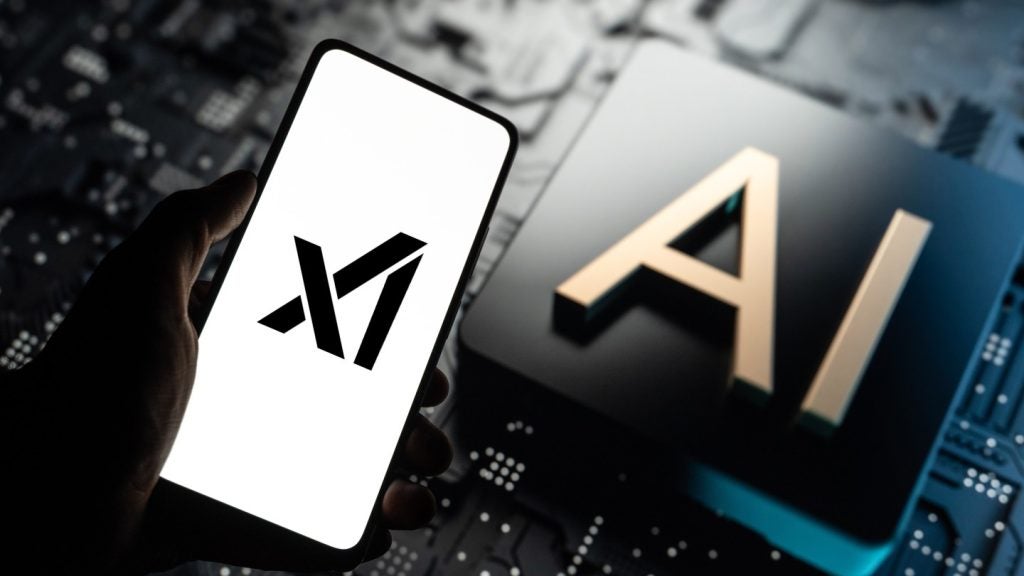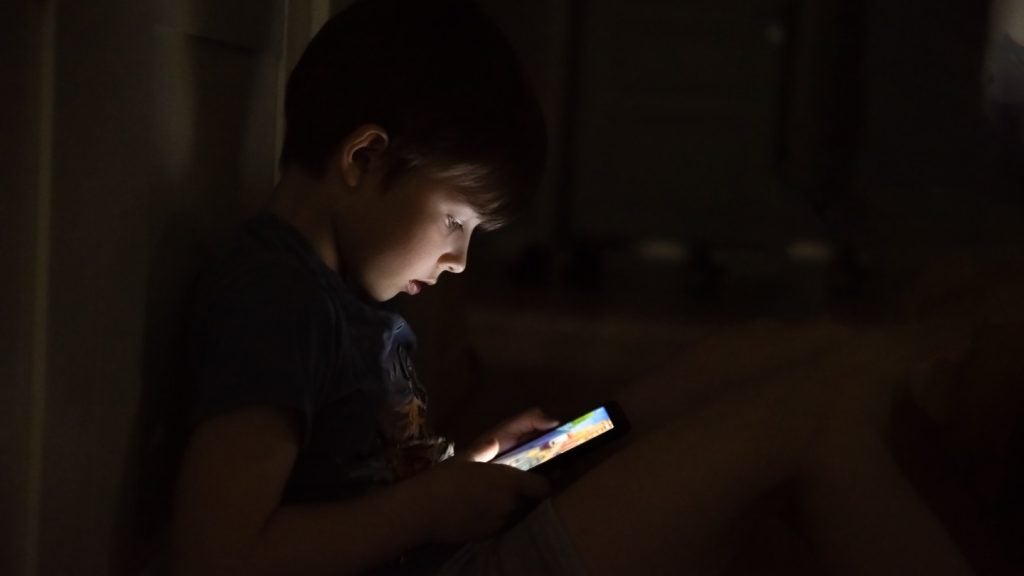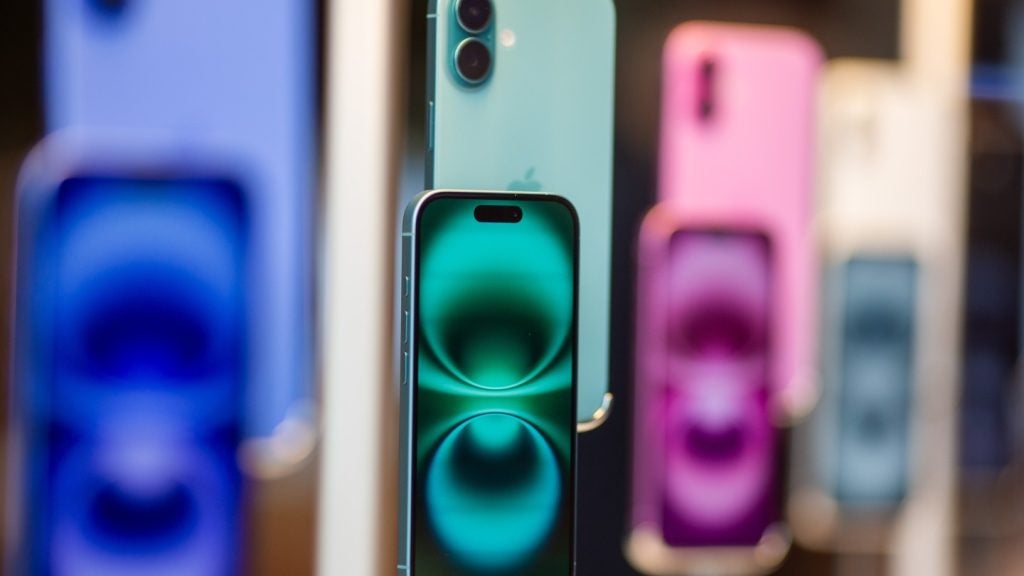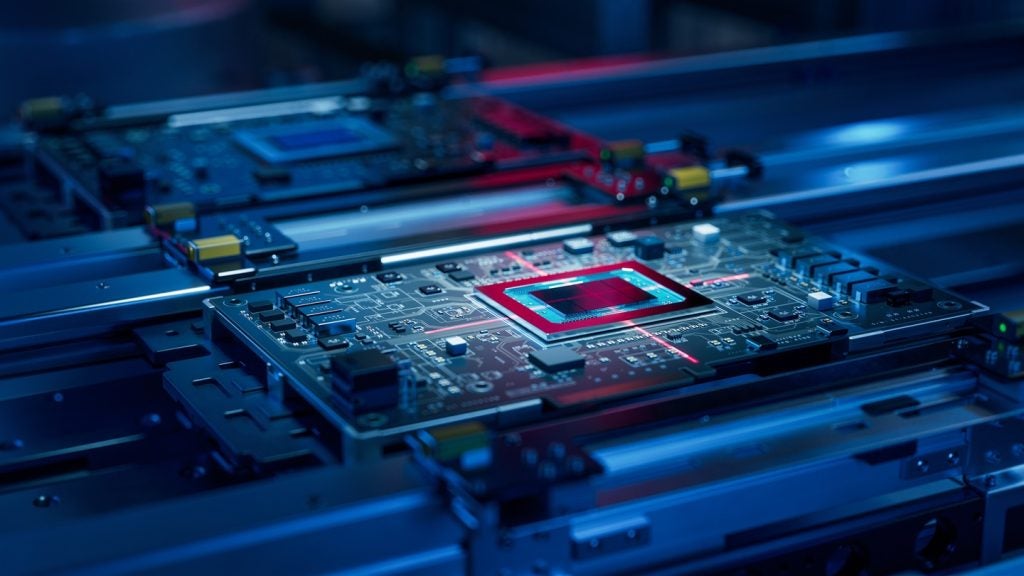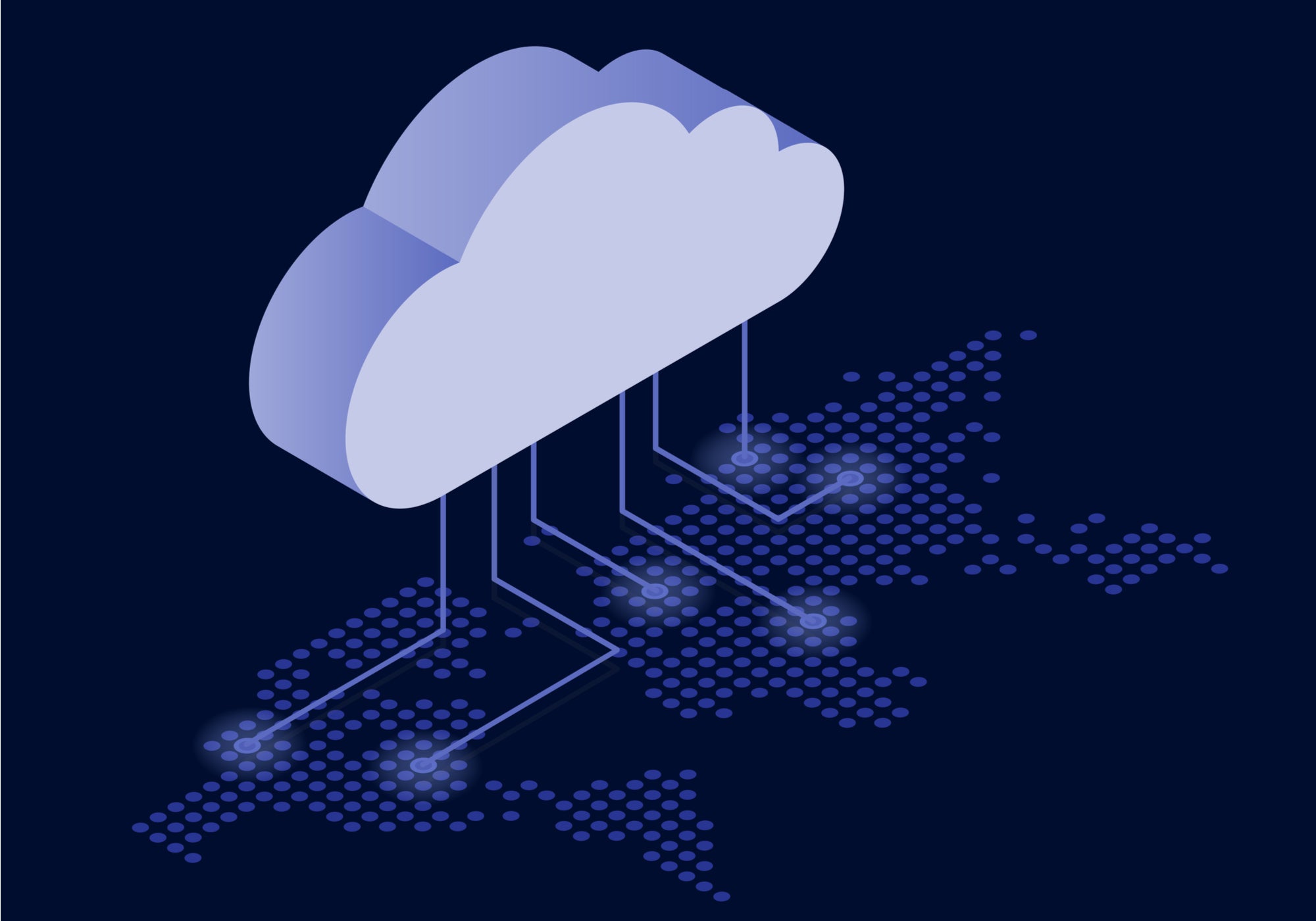
Ashwath Nagaraj is the CTO and co-founder of Aryaka, which provides software-defined network connectivity and application delivery to globally distributed enterprises.
Founded in 2009, the SD-WAN company provides a range of services to help businesses run and maintain their cloud networks.
The San Mateo, California, headquartered company has received financial backing from Deutsche Telecom and Goldman Sachs. Aryaka’s customers span across industries including logistics, shipping and construction.
In this Q&A, the 31st in our weekly series, Nagaraj explains why he’s excited about low Earth orbit satellites, the key role word of mouth plays in identifying disruptors and why he thinks too much tech can be a bad thing.
Rob Scammell: Tell us a bit about yourself – how did you end up in your current role?
Nagaraj: Even as a kid, I was always into technology. I was into building devices like transistor radios, etc. I later went to engineering school and majored in electronics.
I moved to the US in 1991 to work for a small company called Mylex (later bought by IBM), where we built the first generation of disk array controllers for PCs. Working with a small team with a great work ethic, we were able to build this up from being an innovative product to a very successful one.
How well do you really know your competitors?
Access the most comprehensive Company Profiles on the market, powered by GlobalData. Save hours of research. Gain competitive edge.

Thank you!
Your download email will arrive shortly
Not ready to buy yet? Download a free sample
We are confident about the unique quality of our Company Profiles. However, we want you to make the most beneficial decision for your business, so we offer a free sample that you can download by submitting the below form
By GlobalDataWhy Aryaka? In 2009, we saw that the wide-area network was not ready to enable migration to the cloud. Cloud migration was happening in pockets, but the network needed to change for it to be possible globally.
That is where we started – on the premise of building a new network, increasing flexibility without reducing performance. The internet was very flexible, multiprotocol label switching (MPLS) was very solid and WAN optimisation was great but these things did not work well together.
Now, in my role as CTO, it has been more on evangelising the technology and expanding our reach.
What’s the most important thing happening in your field at the moment?
The most important trend is an underlying one, and it is people moving their applications to the cloud. The world is moving to a model where the user wants to consume functionality, products or technology but does not want to become an expert in operating it.
A classic example that most will be familiar with is Office 365. Traditionally, you would buy Office for one year and then the next year you might not buy it. What this meant was you kept getting patches for the old system and didn’t get the latest features. Today you don’t need to think about all of that, you are just getting a continuously improving Office experience, giving Microsoft the power to improve their offering without hindering customer experience.
This is the new consumption model one in which the producer is also the deliverer of the service – that is SaaS. The producer offers their Intellectual Property (I) as a service, and eliminates the middleman.
A lot of the evolution today is industries transforming themselves to this model of “as a service” delivery.
Which emerging technology do you think holds the most promise once it matures?
There are a lot of very exciting technologies in the networking space at the moment, but one I see in terms of a true game-changing technology, (and it is not something that a lot of people will agree with me about), is low Earth orbit satellites (LEOS).
If you look at internet access in developing nations, they just do not have the same connectivity that we have become accustomed to. Monopolistic service providers dominate these markets. Where LEOS come in is that they offer a truly global service, so now internet access can be brought to the user. LEOS have the capability to deliver access uniformly around the world, so now the playing field can be expanded from a few developed countries with great connectivity to a level playing field globally.
How do you separate hype from disruptor?
From my perspective, if a company is doing something that is disruptive, its popularity increases less from marketing (hype?) and more by word-of-mouth. A disruptor expands because a happy customer talks to somebody else in a conference or at a gathering. Viewed from a smaller company’s perspective (not everyone has capital), a disruptive technology will evolve through customers evangelising the product.
One measure of how disruptive you are is what is your customer satisfaction? How do your customers like your product? If your customers love your product, then it has the potential to be a disruptor.
At Aryaka, our customers contribute significantly to our growth both in terms of expanding their own use of our service and in terms of being strong evangelists of the service, resulting in a broadening customer base.
What’s the best bit of advice you’ve been given?
As I mentioned earlier, when I moved to the US in 1991 I joined a company called Mylex. The product took off and we did very well. My boss at the time was a gentleman by the name of Al Montrose, and he was a great people person.
After about 5 years of working there, it got to the point where I felt like I was not learning anymore. The company was doing very well, but I needed change, so I spoke to Al about this and, a few weeks later, he said that I should probably look at leaving. I left and started another company and never looked back. I felt that it was really hard for him to give me that advice because it definitely hurt him and the company, but he knew that this was best for me and he was willing to put his own needs aside to help me grow my career. I won’t forget that!

Where did your interest in tech come from?
From when I was a kid, I was always building, whether it was pulley systems or radios. You can look at it in two ways, in that you can call it curiosity or destructiveness (my parents would likely go with the latter). There were a lot of radios and a lot of equipment that I broke at home through tampering with their internals. But I was curious as to how the systems operated.
What does a typical day look like for you?
The biggest difference in a day before Covid-19 and after is that now there really is no traditional ‘day’. Rather, it has become a loose collection of meetings with almost no framework of when the day starts and when it ends. Some days, there might be five calls, and I will be free a lot of the time, but these calls can be at six in the morning, and at ten at night.
When you are with a colleague solving a problem, you have that interaction, that exchange of ideas, and, if things are not working out, you can go and have a beer and talk it over. I prefer that.
Now, without these physical meetings, my day is predominantly split between technical calls, sales calls, and discussing the company and the space that we operate in with people in the industry.
What do you do to relax?
I am a huge sports junkie. Whether it is local high-school water polo or NHL ice hockey, there are very few sports I will not watch. This is a big part of my life, so while that was gone I was watching the English Premier League. I love the intensity of the matches, and watching such incredible athletes. I also love hiking, and I also am a private pilot.
Who is your tech hero?
It is hard to choose one. There are so many heros like Galileo, da Vinci, Jules Verne – People who could imagine things that would not happen for 400 years!
Today, my hero is Elon Musk. He is a technologist who just doesn’t believe in traditional barriers. He has built a car company that has revolutionised the entire automobile industry. He has built SpaceX – a private company that has launched re-usable rockets to deliver satellites, a company that is looking at space travel – completely revolutionising the space industry. He really has made what seemed impossible possible. With the barriers that he has broken, he is a real tech hero.
What’s the biggest technological challenge facing humanity?
I think the biggest technological challenge facing humanity is technology itself, as contradictory as that sounds. There is just too much of it and its dominance on everyday life is only growing.
We are losing respect for some of the non-technological aspects of life, whether it is just meeting people or playing with friends. We need to question ourselves on ‘what else is out there?’ beyond sitting behind a keyboard and spending every day consumed by processes and systems.
Read more: CTO Talk: Q&A with Tempcover’s Marc Pell



